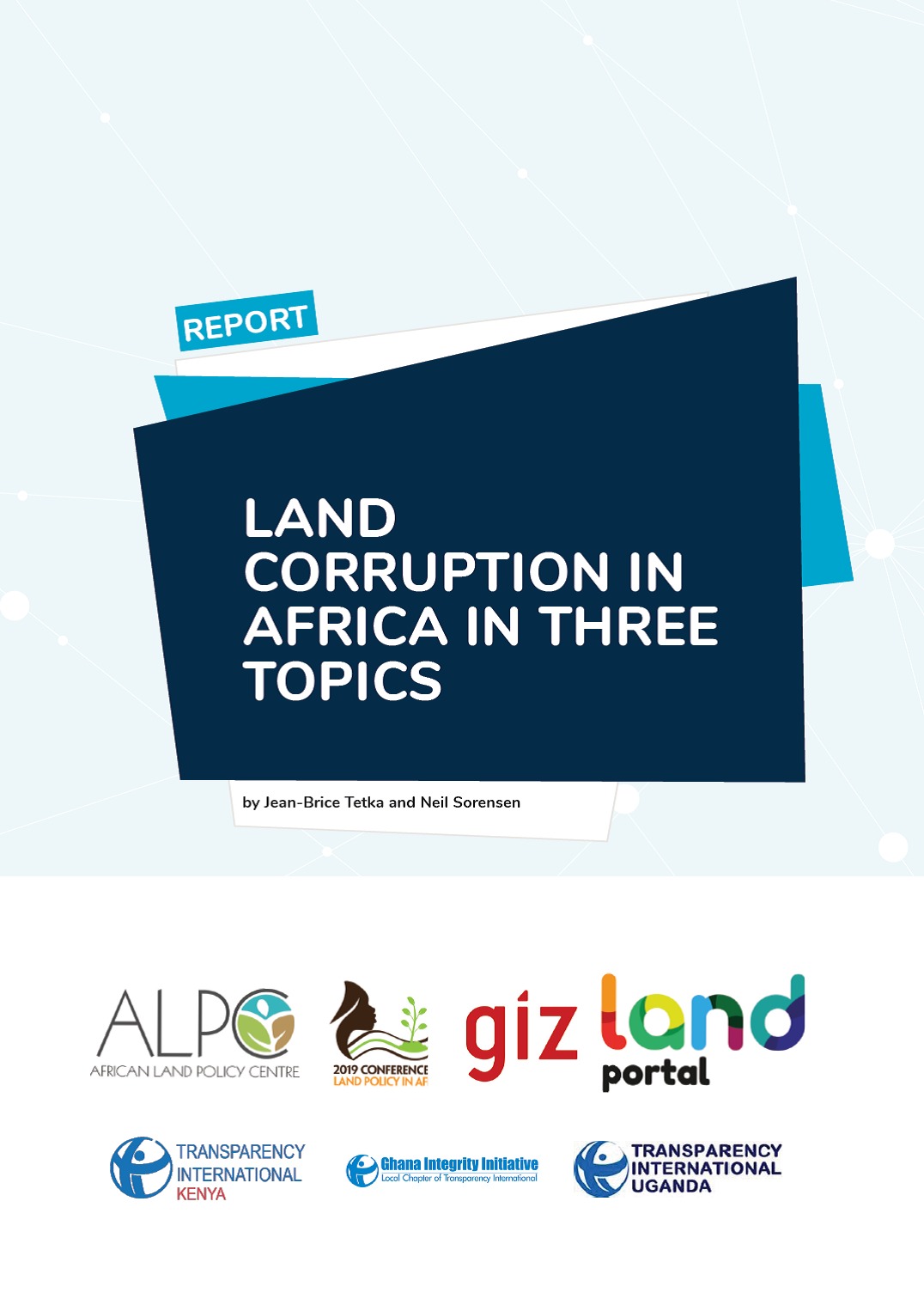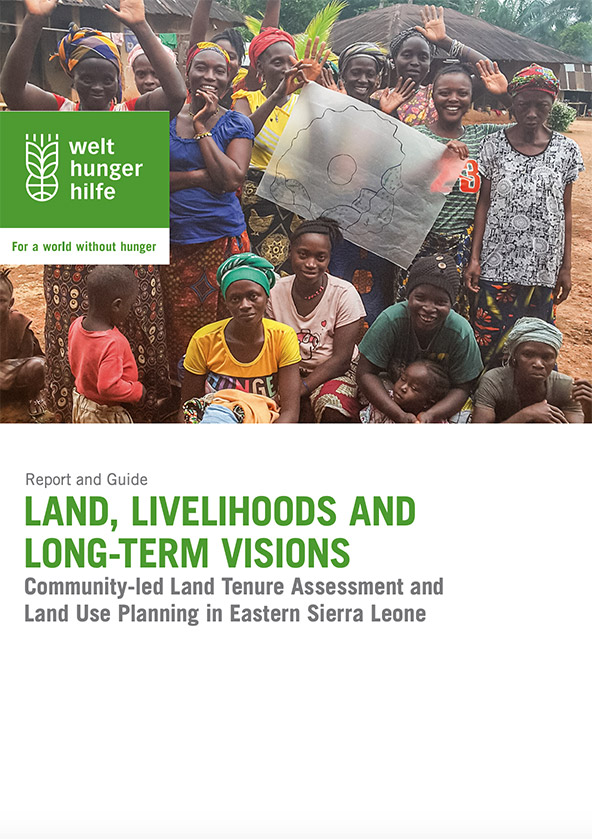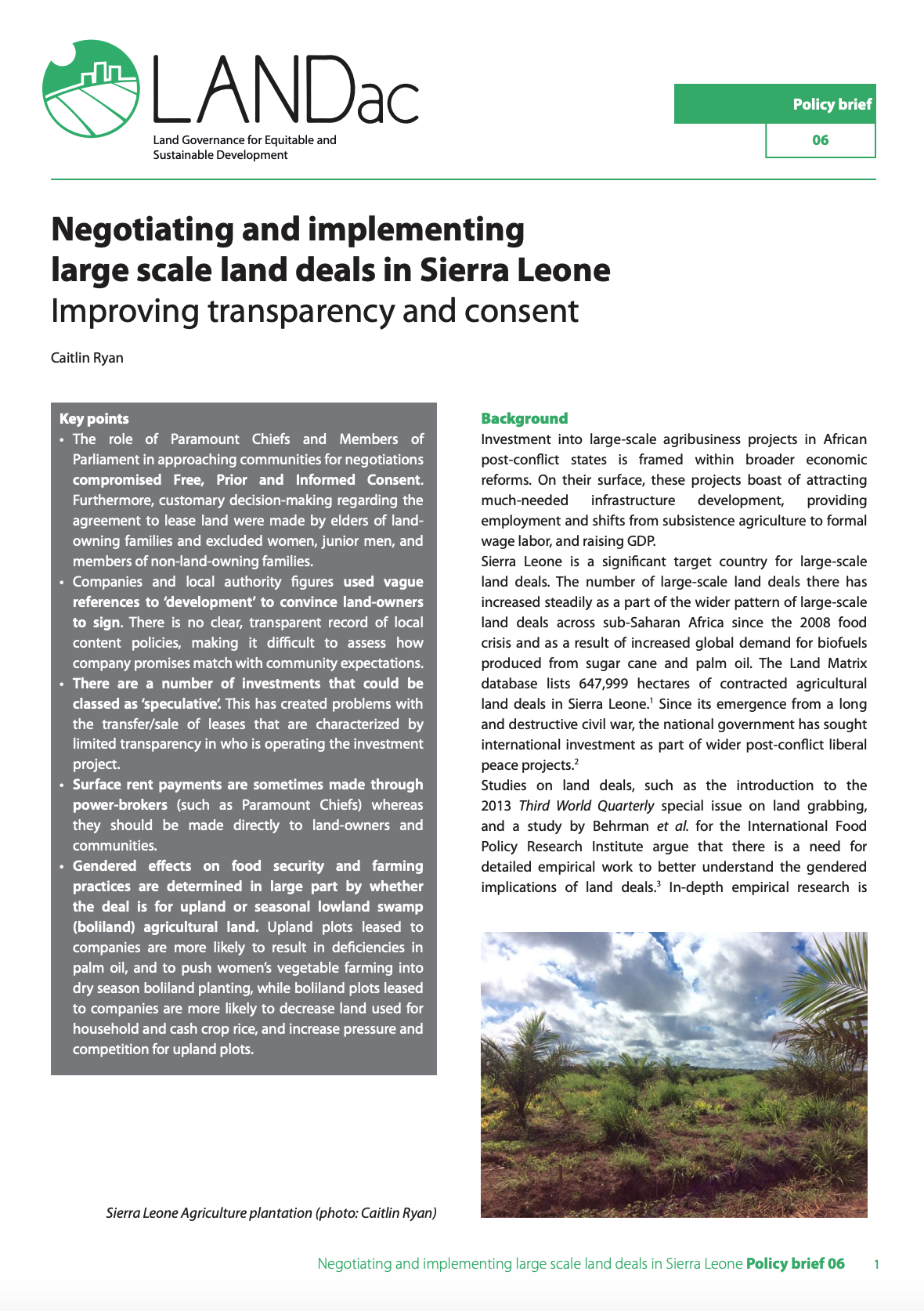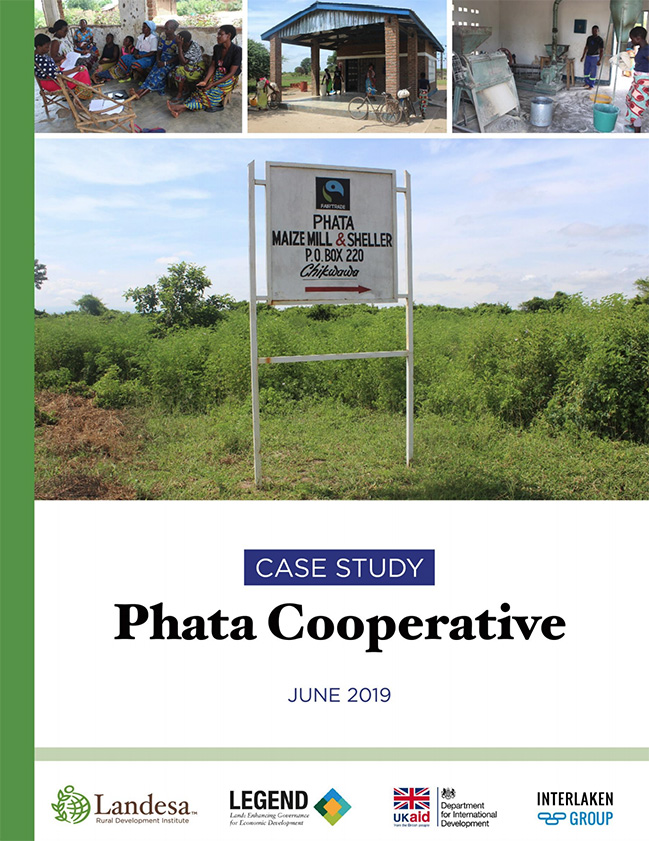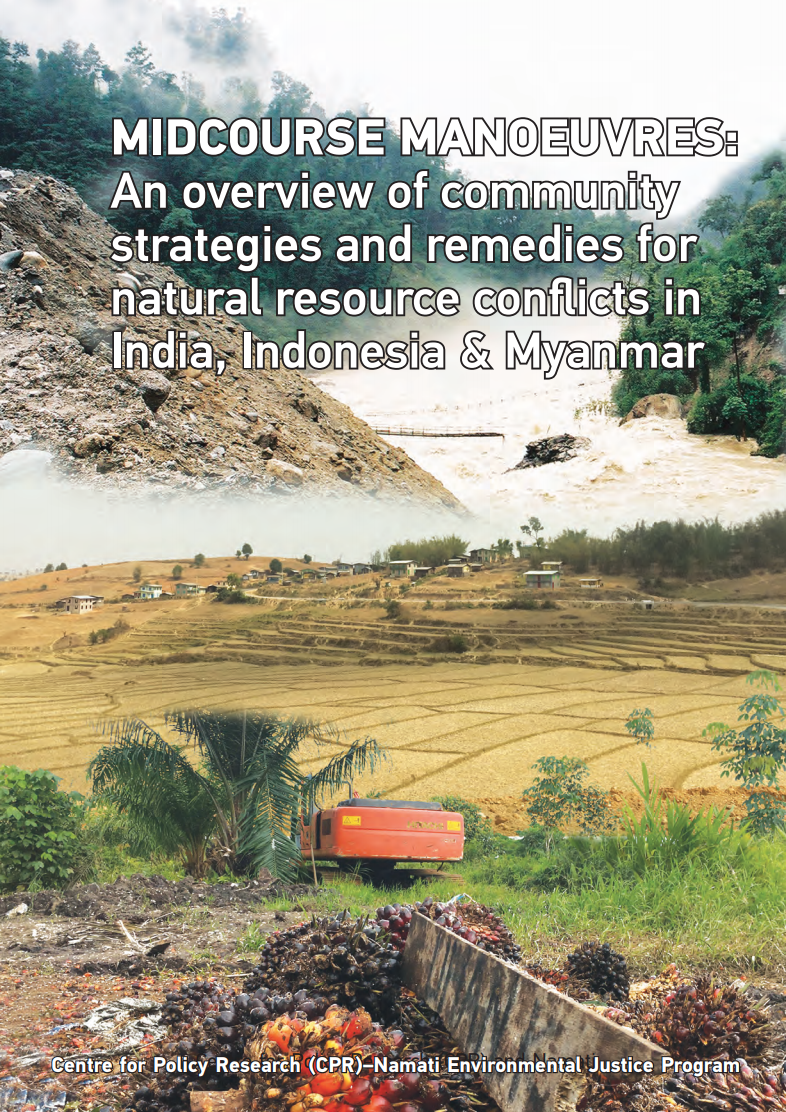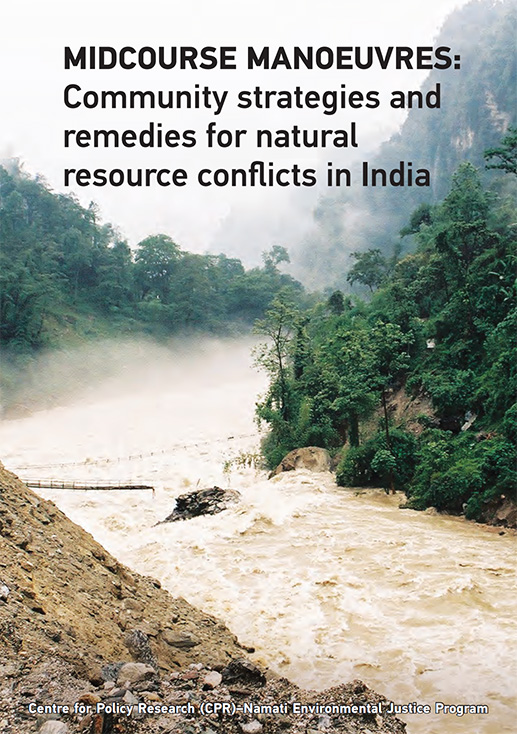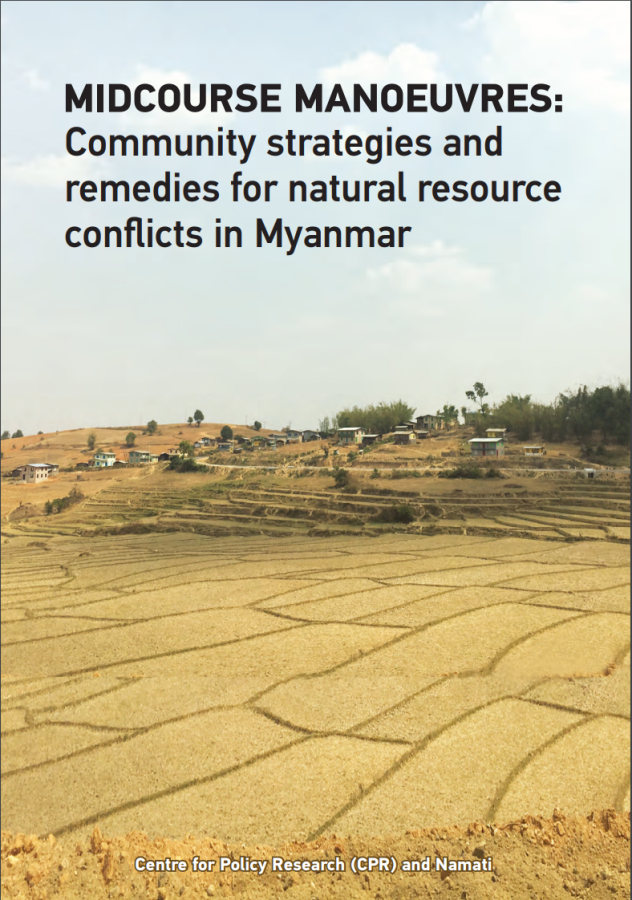Assessment of administrative and judicial land dispute resolution interventions for the LIFT programme: summary note
This assessment examines constraints within the land dispute resolution systems in Tigray;Amhara;Oromia and Southern Nations;Nationalities;and Peoples Region and provides a set of proposed interventions to improve the functioning of the formal land dispute resolution system..This resource was published in the frame of the Land Investment for Transformation (LIFT) Programme. For more information;please check: https://landportal.org/community/projects/land-investment-transformation...


